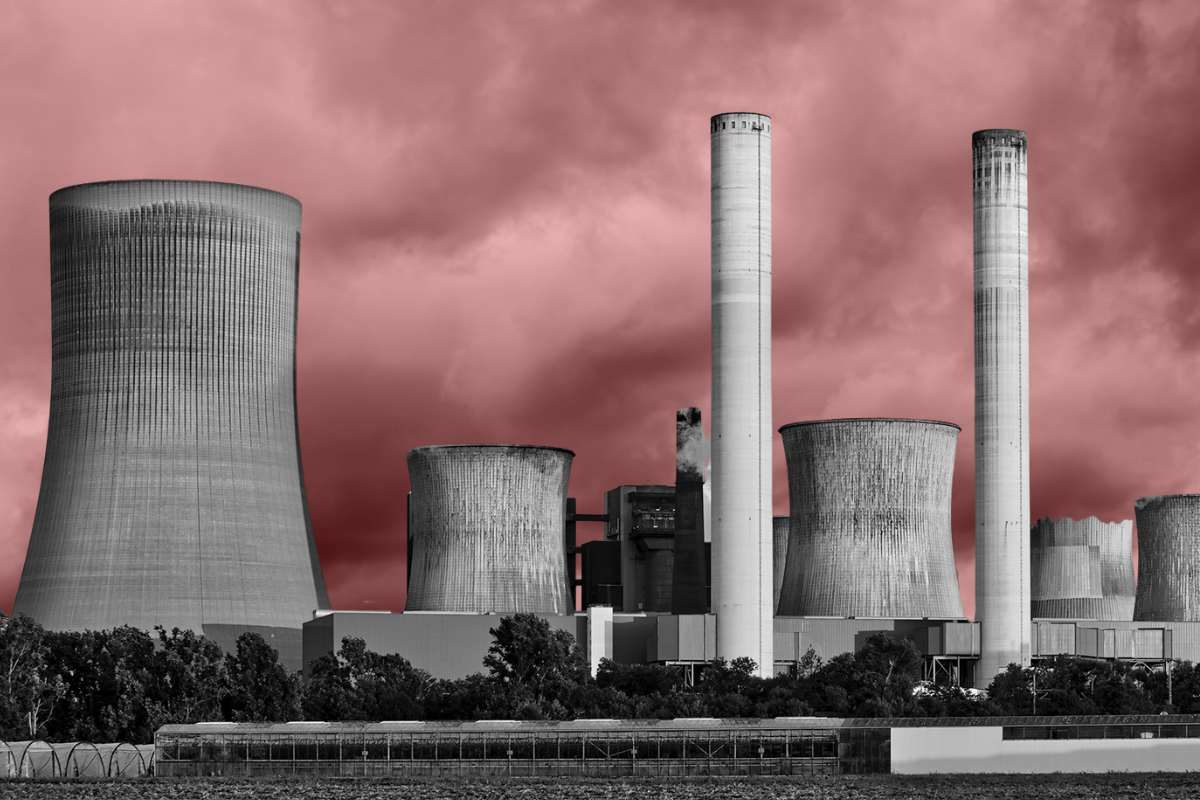The strike wave gripping Britain has surged into the energy sector. Over the last few weeks, several thousand workers – in power plants and across the electricity grid – have been either striking or preparing to strike, in a fight for decent pay.
Today, Unite the Union announced that members at Drax Hydro Ltd in Scotland have voted to accept an improved pay offer of an 8% uplift plus a £1,500 lump sum. This comes on the back of threatened strike action by workers at three power stations.
Workers at Drax power plant in Yorkshire, meanwhile, have won an even more impressive victory, securing a 16% wage increase after a single day of strike action.
And Unite members at UK Power Network (UKPN), which oversees the national grid, are also planning action over a below-inflation pay offer. No doubt they will take inspiration from their fellow workers at Drax.
Privatisation
 In the past, governments and employers alike have taken pains to ensure that power workers are paid well – precisely to avoid the kind of disruption that is now occurring.
In the past, governments and employers alike have taken pains to ensure that power workers are paid well – precisely to avoid the kind of disruption that is now occurring.
Nowadays, however, things have turned into their opposite. From being one of the more well-paid sections of the working class, workers in the energy sector are now being forced to struggle in defence of their living standards.
The immediate cause of the current disputes is the cost-of-living crisis. But the problems within the sector have their origins in the privatisation of the UK’s energy networks in the 1980s, when nationalised industries and infrastructure were entirely sold off under the Thatcher government.
Whether it’s power generation itself, or the work of supplying electricity and gas to homes and buildings, parasitic capitalists syphon off profits at every stage.
And as with other privatised industries, they have been more than happy to cut corners over the years, in order to reduce costs. In concrete terms, this means attacking workers’ jobs, pay, and conditions.
Blackouts
In response to these recent strike ballots, the bosses have screamed blue murder about the potential for blackouts, if energy workers were to go ahead and take action.
As with other ongoing strikes, the capitalists and their representatives are desperately attempting to turn the public against militant workers, by whipping up fear over how damaging industrial action might be.
But with energy bills soaring over the last couple of years, many workers are already struggling to keep the lights on as it is.
Thanks to government subsidies to the monopolies, domestic energy prices are currently capped at £2,500. This is a full 27% higher than what households were paying in September of last year. And this figure is set to rise by another 20% in July.
While ordinary people have struggled to keep their heads above the water, however, the energy giants have been swimming in profits. UKPN alone, for example, boasts that it made £264 million in its latest financial report.
Furthermore, it was recently revealed that British Gas has been breaking into people’s homes and forcibly installing pre-pay meters. Instead of going into debt, those who can’t pay are simply cut off. This shows how far the bosses are prepared to go in order to maintain and boost their profits.
The ruling class’ manufactured panic over power workers’ strikes therefore rings hollow. After all, what difference does it make whether energy is reaching your house, when you can’t even afford to use it?
Workers’ power
 Groups such as Don’t Pay UK and Extinction Rebellion have highlighted the crying injustice being faced by ordinary people because of this scandalous situation. However, calls for consumer boycotts or small-scale ‘direct action’ have thus far made little impact.
Groups such as Don’t Pay UK and Extinction Rebellion have highlighted the crying injustice being faced by ordinary people because of this scandalous situation. However, calls for consumer boycotts or small-scale ‘direct action’ have thus far made little impact.
These strikes in the energy industry, by contrast, show the way forward. Not only do the victories of the Drax workers demonstrate that militancy pays for workers themselves, but it also shows where the power in society lies to face down these fat-cat profiteers and transform the sector for the benefit of all.
Above all, this militant action needs to be linked to a clear socialist programme. What is needed is the renationalisation of the entire energy sector, without compensation, under workers’ control and management.
On this basis, as part of a socialist plan of production, it would be possible to massively invest in the country’s energy infrastructure – bringing down bills, and bolstering renewable supplies.
This could mean a just transition to genuinely green power production, with no loss of jobs or pay for workers in the industry: tackling the climate crisis, but without forcing the cost onto the shoulders of the working class.
Power to the workers! Workers have the power!






